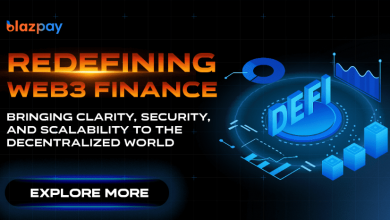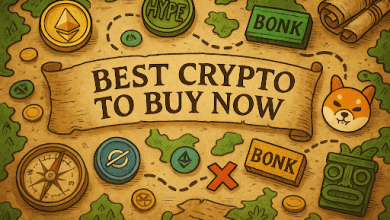Digital Sovereignty: Who Really Controls Your Online Life?
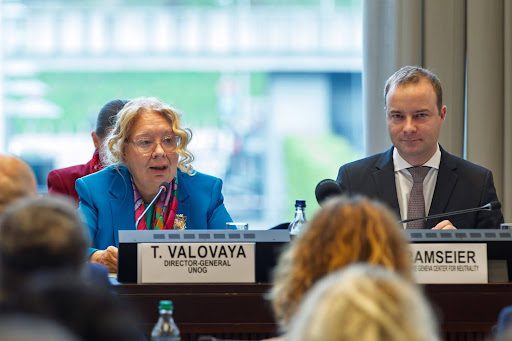
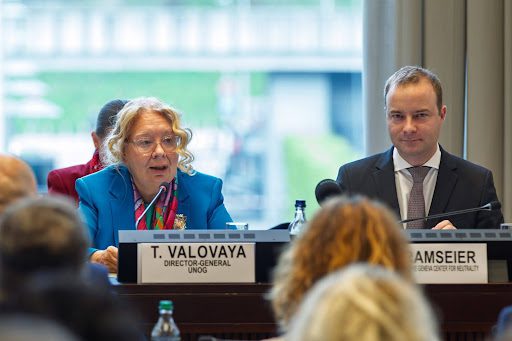
Tatiana Valovaya, Director-General of the United Nations Office at Geneva
The New Battleground Isn’t Borders—It’s Bytes
Think about it: your identity, your money, your communications—they all flow through networks and systems you don’t control. The battleground has shifted from physical borders to the internet’s invisible architecture. And right now, most of us are just renting space in someone else’s kingdom.
Here’s an uncomfortable truth: we’re fighting yesterday’s battles while tomorrow’s war is already being lost. At the War, Peace and Neutrality Forum hosted at the UN in Geneva, and co-organized by the Geneva Center for Neutrality (GCN) and the Greater Caspian Association, Oscar Wendel, Middle East Executive Director of Global Economic Sustainable Development Commission, framed the closing discussion of the forum about taking on challenges of expanding surveillance and intrusion of individual privacy to the sovereign rights of nations by stating, “neutrality is more than non-alignment.” The real question isn’t which political camp you’re in, but who owns the digital infrastructure you depend on every single day.

Carlos Moreira, CEO of WISeKey, speaks from São Paolo, Brazil
Who Gets to Control the Internet?
Traditional telecom and cloud systems were built like medieval fiefdoms—a handful of companies and governments own the gates, the roads, and the town squares. Karrier One COO Andrew El’Lithy explains that “this model made sense in an Analog Age,” but today it’s a problem. When a few corporations or states control who gets online, how fast, and at what cost, they’re essentially deciding who gets to participate in modern life.
The answer? Flip the script entirely. Instead of begging permission from gatekeepers, what if communities owned their own networks? Blockchain technology makes this possible—imagine neighborhood 5G hotspots or satellite nodes that anyone can help deploy and operate. No CEO can shut you off. No government can flip a switch. The network belongs to everyone who uses it.
Even better, the rules become transparent. Right now, telecom regulations happen behind closed doors through “opaque agreements and priority control planes,” as El’Lithy puts it. But with blockchain-based networks, compliance is built into the code itself. New base stations automatically follow local laws, updates get voted on by all participants, and everyone can verify the rules are being followed. As El’Lithy says, “Governance doesn’t vanish; it decentralizes.”
Your Digital Identity: Who Actually Owns It?
Here’s where things get personal. WISeKey CEO Carlos Moreira doesn’t mince words: “If you don’t own your digital identity, someone else has it.” And right now? The Web2 giants—your Googles, Facebooks, and Amazons—have claimed ownership of the only asset that’s truly yours.
This isn’t just annoying; it’s dangerous. Without control over your own digital identity, you can’t fully participate in the economy or democracy on your own terms. You’re always at someone else’s mercy.
Moreira pointed to Switzerland’s recent referendum on national digital ID as evidence of how slowly Europe is catching on. The solution exists: secure hardware and open systems that let you carry your identity in your pocket, not in Mark Zuckerberg’s data center. Companies like WISeKey and its spin-off SEALSQ are building exactly this kind of infrastructure.
But here’s the kicker: Moreira argues digital identity should be recognized as a fundamental human right by the UN. Why? Because if we fail, future AI systems will literally “not recognize where the human is”—they’ll treat people no differently than trees or code. Your humanity becomes invisible to the machines running the world.
The Ticking Time Bomb: “Q-Day” Is Coming
Now for the really scary part. Moreira warns about something called “Q-Day”—the moment when quantum computers become powerful enough to crack every encryption system we currently use. RSA, Bitcoin, your banking app, Signal messages—all of it becomes readable in an instant.
“They will be able to break all existing crypto,” Moreira stressed, “break Bitcoin, and compromise cloud transactions.” Our entire secure internet would collapse overnight.
This isn’t science fiction. The U.S. government is already scrambling—all federal agencies must be quantum-ready by 2027, with legacy systems abandoned by 2030. America has mandated new “Q-safe” encryption standards to prepare. Europe is pouring billions into post-quantum semiconductors through its Chips Act. SEALSQ itself is shipping quantum-resistant chips this year.
The clock is ticking. Countries that don’t invest now in quantum-proof infrastructure will wake up one day to find every secret exposed, every transaction vulnerable, every digital border dissolved.

UN Building in Geneva, Host of the War Peace and Neutrality Forum in Geneva, hosted at the UN in Geneva
Global Digital Independence Begins Locally
Both Moreira and El’Lithy emphasized a crucial point: you can’t be sovereign in the digital world if you’re completely dependent on someone else’s technology. Moreira flips the old mantra: instead of “think global, act local,” countries must act local first—build homegrown AI, hardware, and encryption—before connecting to global systems.
No nation relies on its neighbor for water or electricity. Why should we depend on foreign tech for our communications and thinking? Yet that’s exactly what’s happening. Over-regulation often makes things worse by driving out local competitors, leaving only tech giants that can afford the compliance burden.
Europe’s tech industry remains fragmented while American and Chinese platforms dominate. As Moreira puts it, a $100M EU startup often stays stuck at $100M while its Silicon Valley peer rockets to $10B. The talent is there. The ideas are there. What’s missing is the ecosystem—the banks, investors, and regulators willing to bet big on local champions.
Switzerland Shows the Way
There’s hope, though. Switzerland has become a global leader in cybersecurity and blockchain innovation—”Crypto Valley” hosts a unique trust infrastructure that most countries can only dream of. Geneva alone houses the ITU’s telecom standards, WIPO’s intellectual property archives, and the UN’s data repositories. These neutrality-grade institutions create a foundation for real digital sovereignty.
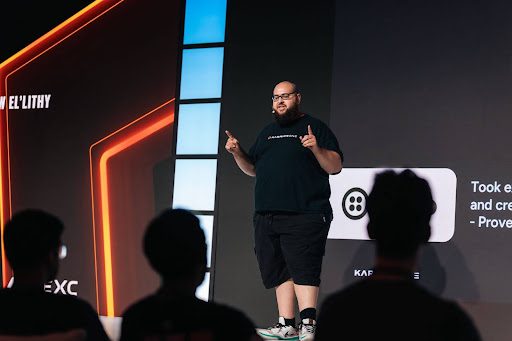
Andrew El’ithy, COO, Karrier One
And it’s paying off. In late October 2025, Moreira’s company SEALSQ uplisted to Nasdaq’s most prestigious tier, with a market cap surpassing $1 billion—the first European post-quantum security firm to reach that milestone. Moreira calls it proof that “Europe can still produce world-class tech champions, if it commits to sovereignty by design.”
Neutrality 3.0 isn’t about staying on the sidelines. It’s about taking control of networks, identities, and the digital infrastructure that defines modern life. It means building decentralized systems where power flows from users, not corporations. It means investing in quantum-proof security before it’s too late. It means nurturing local innovation so you’re not forever dependent on someone else’s platforms.
The choice is stark: build your own digital sovereignty now, or spend the rest of the century as a digital colony. Switzerland is showing the path forward. The question is whether others will follow before it’s too late.

Source: Digital Sovereignty: Who Really Controls Your Online Life?

